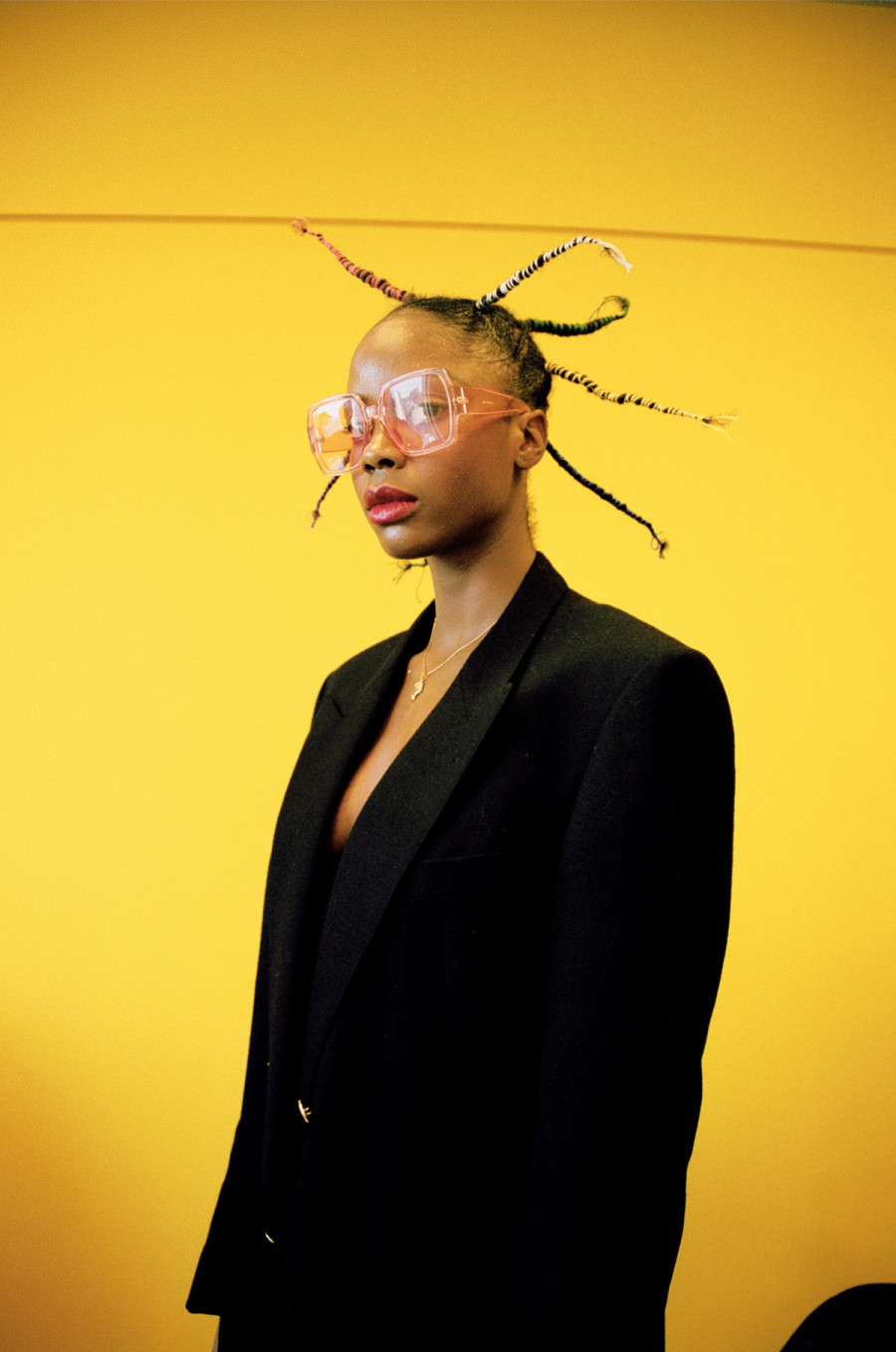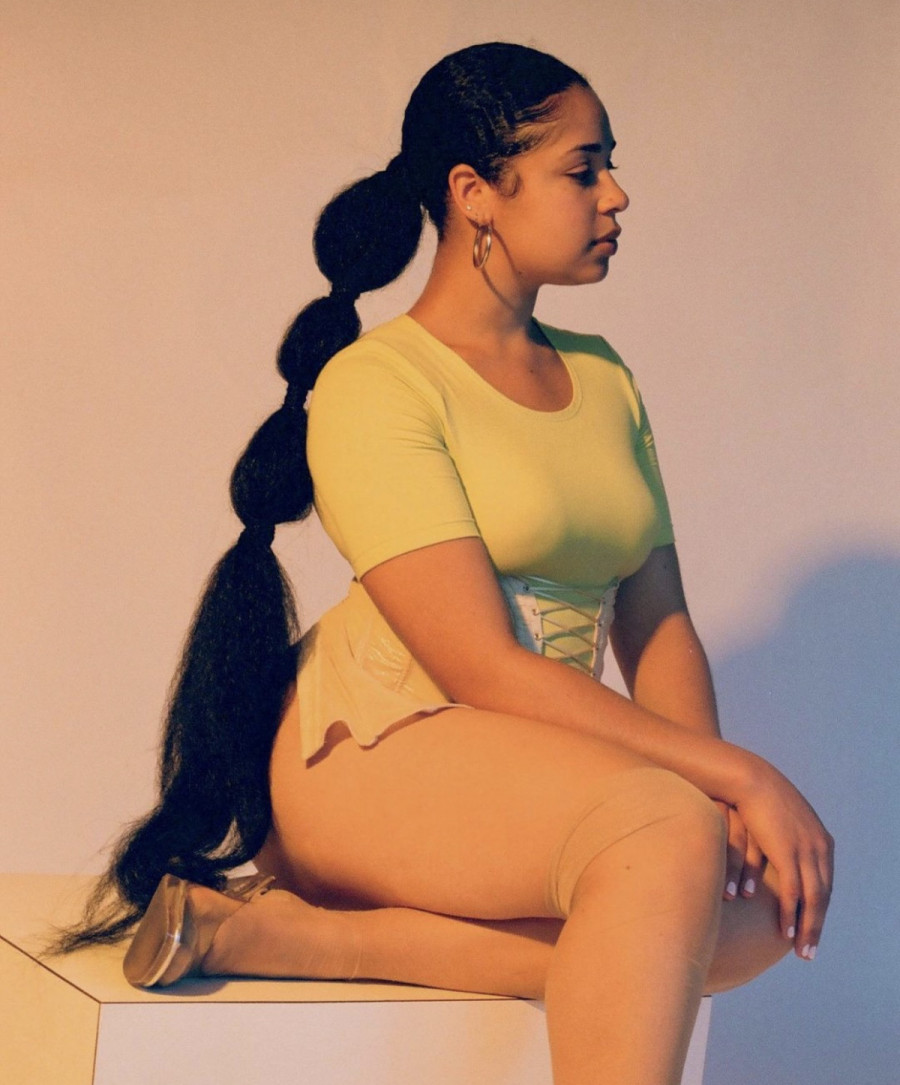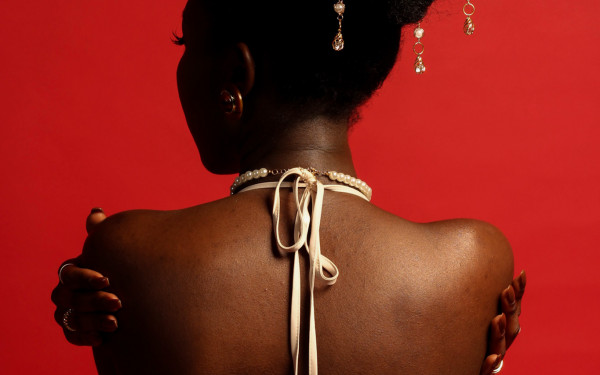My Locs Love Story
How I’ve Come to a Natural State of Myself
My hair has always been my most valued asset.
I was praised as a child for having long and “manageable” hair. As I grew up, my hair texture slowly changed, it became kinkier and that was harder for my mom to manage. Like many other black girls, I wanted to wear my hair straight. So at the age of 12, Soft & Beautiful Just For Me relaxers became my way of managing my hair again.
The years that followed were a cycle of hatred and love towards a characteristic that my ancestors deeply cherished. Black hair used to be a direct representation of a person’s identity in African societies before colonialism. A person’s class, family, age and marital status could be known by simply looking at their hair. Hair was seen as sacred, it gave people a sense of pride. In the book Hair Story, Lori Tharps explained that natural hair had to always be styled a certain way or else it would be seen as untamed.I believe that this mindset has been passed down for generations.
Early in my natural hair journey, my opinion was similar. I was unable to go out if my hair was not styled, and having relaxed hair helped. The use of relaxers by Black women started from the influence of Eurocentric beauty standards. Straight hair was more palatable to their white counterpart and helped them to navigate a little easier in a harsh daily reality. After using relaxers for a year, my hair was damaged. Despite this fact, my attachment to length instead of health was so incredibly strong that I did not cut it and decided to grow my hair under a rotation of protective styles.
When not in a protective style, my hair was in a tight puff made out of a shoelace. I didn’t wear my afro often at school because I couldn’t blend in as easily as I did in any other hairstyle; I didn’t want to look untame and felt that an afro wasn’t as manageable as other hairstyles were. Anything from wind to the simple passing of time could alter my perfectly shaped afro and I hated that. I felt like I looked crazy when my hair was in its natural state. Somehow, this feeling became a normal occurrence. The thing with natural hair is that it is tiring and time-consuming. I never had the liberty to just wake up and go about my day.
When I decided to let my hair “just do its thing” and go through the locking process, I had no control over what it was doing. My hair was often frizzy and looked thin and was going through all sorts of changes. Like many Black women, I put a lot of my value and confidence in my hair. So whenever it did not automatically look like how I wanted it to, it was hard for me.
Ultimately, time and experience was the only thing that made me fall deeply in love with my hair.
After years of experimenting with styles and colors, I wanted to make a drastic change. When it came down to choosing between shaving my head and going blonde or getting locs, I chose locs. Undoubtedly, I did not anticipate the journey that would follow. Locs became my way to freedom.
Locs gave me a new lifestyle and healthier relationship with my hair. While maintenance like retwist or hydration is still needed, it is half the work it used to be. That doesn’t mean that the journey has been without obstacles.
As my one-year loc anniversary approaches, I am still learning new ways of taking care of my hair. I am still learning how to style it in new ways. I am still learning to love it. My hair has less control over my confidence. Locs have given me a self acceptance that now feels natural. Locs have given me a self-acceptance that now feels natural. Self-acceptance is now evidence.
This article originally appeared in Volume 43, Issue 13, published March 7, 2023.






14_600_375_90_s_c1.jpg)